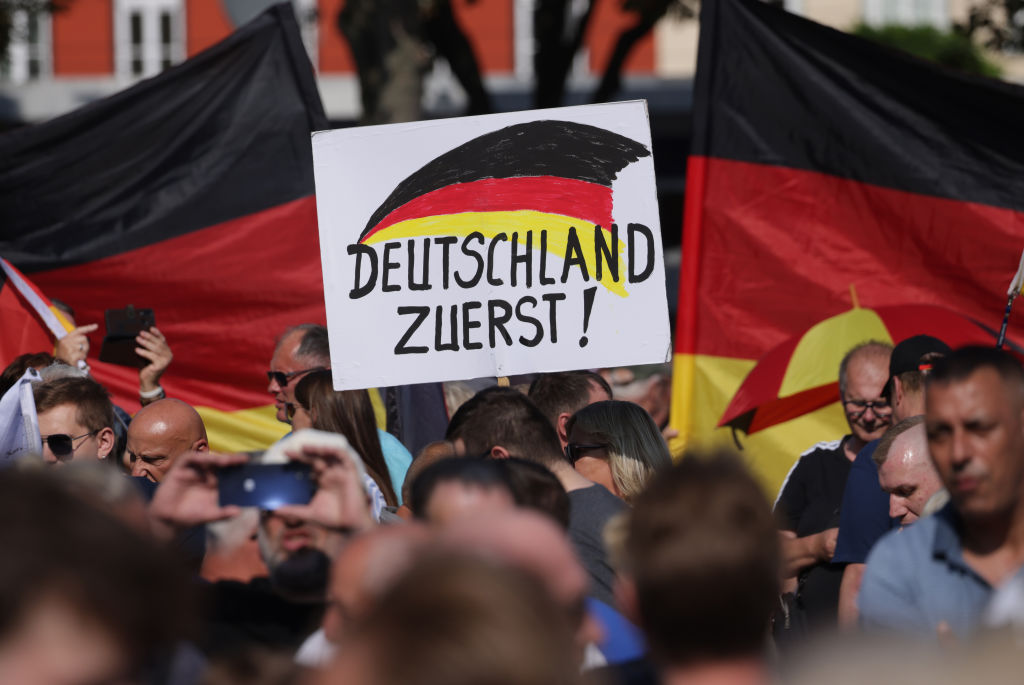Once again the world finds itself on the brink of a renewed energy crisis, and once again Europe appears ill-prepared. If Israel should decide to attack the Iranian oil industry, a spike in energy prices – especially crude oil – will be almost impossible to avoid. The fact is that the European Union consumes approximately 11 per cent of the world’s oil and 8 per cent of its natural gas while only producing 0.5 per cent of the former and 0.9 per cent of the latter. Any conflagration that drives up international prices for energy will hit the EU hard.
On the other side of the Atlantic stands the United States as the world’s largest energy and agricultural producer, providing its industries with a competitive edge and security that European countries struggle to match. This advantage is not merely quantitative; it symbolises a culture of innovation that thrives in a landscape unencumbered by excessive regulation. In stark contrast, European companies, particularly in the automotive sector, are finding themselves stifled by bureaucracy and soaring energy costs—costs so high that iconic manufacturers like Volkswagen are now considering shuttering their factories in Germany for the first time in their 87-year history.
The shift towards electric vehicles initially heralded a wave of optimism. Incentives made EVs attractive, but as government support waned, so did consumer interest. The lesson here is straightforward: economic viability must accompany ambition. If the transition to renewable technologies does not consider market realities or consumer needs, it risks becoming an expensive failure.
What looms even larger is the emergence of Chinese prowess in manufacturing. Over the years, China has expertly cultivated an environment conducive to technological advancement. By enticing Western companies to produce within its borders, it has absorbed invaluable expertise. Today, Chinese manufacturers are outpacing their European counterparts regarding efficiency, cost, and quality in producing electric vehicles and solar panels. Instead of taking a competitive stance to reclaim lost ground, Europe finds itself stagnating under regulatory burdens that hinder innovation.
The bureaucratic maze created by the European Union represents an unyielding barrier to adaptability. Unlike the United States—where a decentralized federal system allows states to pivot and respond quickly to market shifts—Europe’s rigid regulations often trap companies in a labyrinth with few escape routes. The unfortunate consequence: businesses are weighing the option to relocate operations to places like the US or China, where regulatory frameworks are friendlier to growth.
Adding to the confusion is Europe’s flawed energy strategy, which leans heavily on renewable sources like wind and solar, often resulting in unreliable power supplies. Proposing to fluctuate electricity prices because they depend on weather conditions demonstrates a profound disconnection from the practical needs of industries that must operate predictably. Such absurd proposals indicate systemic failures in energy management that threaten to drive more businesses into the arms of regions that embrace sound, consistent policies.
Looking to the past, it is puzzling to witness Europe continuously promising a bright future powered entirely by renewables, despite decades of experimentation yielding little tangible success. The commitment to this flawed energy transition evokes unsettling similarities to past failed ideologies—a hopeful promise that never materialized.
Encouragingly, recent regional elections in Germany suggest a potential shift in political dynamics—a chance for sanity to return to public decision-making as citizens confront the harsh realities of an impractical green agenda. As pressures mount, the appeal of green policies may finally wane in favour of more pragmatic, economically viable approaches.
However, the broader implications after the COVID-19 pandemic remain troubling. The government responses to the health crisis have fostered widespread distrust among citizens, creating fertile ground for populist movements that exploit their grievances. When leaders prioritize regulatory compliance over genuine public interest, they risk alienating the very people they serve.
At this pivotal moment, Europe must confront the pressing need for a recalibration of its approach to energy and industry. The urgency of crafting practical solutions that embrace innovation, rather than continuing down a path of regulatory overreach, cannot be overstated. Failure to do so may not only undermine economic stability but also compromise Europe’s position in an increasingly competitive global market.
In a world that demands reliable and affordable energy, Europe cannot afford to be held hostage to outdated regulatory frameworks. Instead, it must embrace a future rooted in smart policies that liberate rather than constrain its industrious spirit. The time for true leadership—one that prioritizes pragmatism over ideology—has arrived. The fate of Europe’s economic future hangs in the balance.






Austrian far-right victory: fleeting anomaly or lasting transformation?